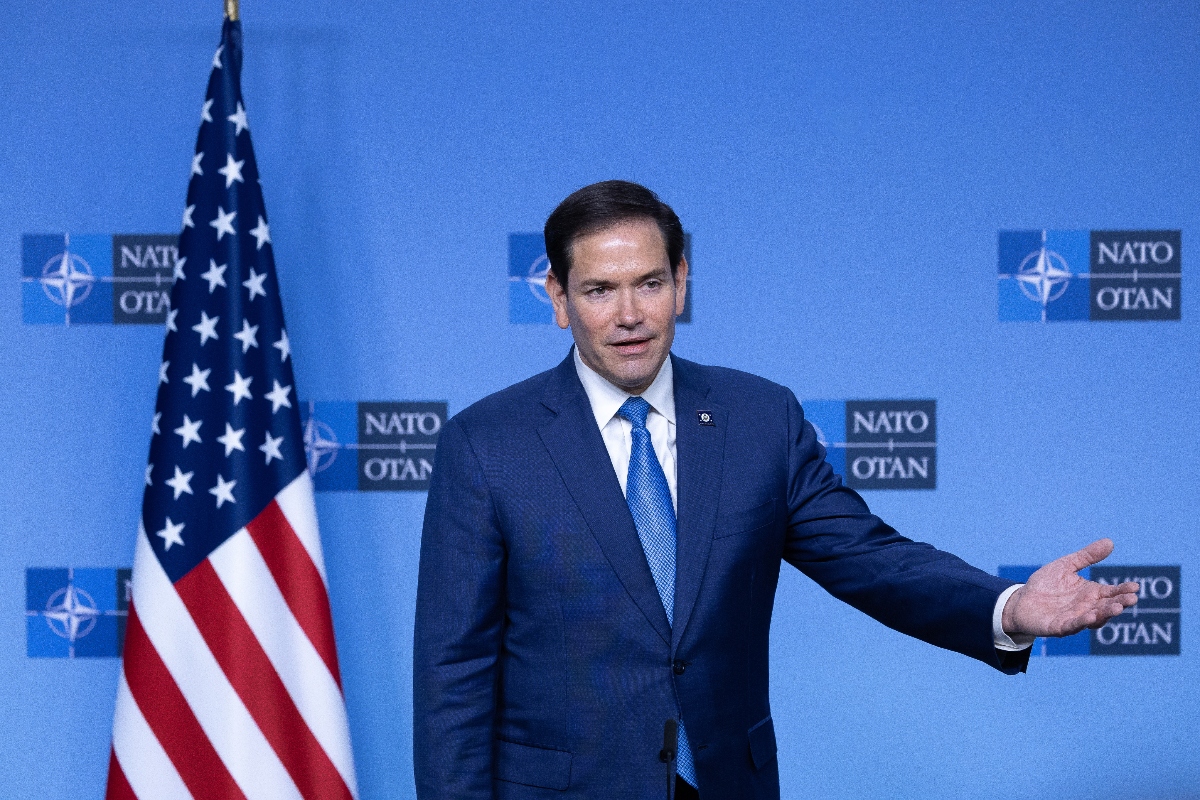In a twist that could reshape the political landscape heading into 2028, President Donald Trump has ruled out seeking a third term and has publicly mentioned Marco Rubio as one of his possible successors. The senator and current secretary of state is one of the highest-profile Republicans with Hispanic roots, which has sparked immediate questions: Is the U.S. close to electing its first Latino president?
During an interview aired by NBC News on ‘Meet the Press,’ Trump noted that while many people are calling for him to try for a third term, he will stick to the Constitution. The 22nd Amendment prohibits any president from holding office more than twice. “I’m not looking for that… A lot of people want me to do that, but it’s not allowed,” the president said.
Marco Rubio: “great” to lead Trump’s legacy

Trump was not only adamant about his decision, but opened the door to the succession debate within the Republican Party.
He praised Vice President JD Vance as “brilliant,” but also devoted remarkable words to Marco Rubio, describing him as “great to be at the forefront of the Make America Great Again movement.”
Although not a formal endorsement, his statements give visibility to Rubio as a central figure for the continuity of Trumpism.
“It’s still early to make decisions,” Trump added, but his words have already fueled political analysis about a future candidacy of the Cuban-born politician.
Marco Rubio: trajectory, identity and potential

Born in Miami, the son of Cuban immigrants, Marco Rubio represents one of the most visible voices of Latino conservatism in the United States.
He has been a senator for Florida since 2011 and was a presidential pre-candidate in 2016.
He currently serves as Secretary of State in Trump’s cabinet, a position from which he has reinforced tough foreign policy positions, especially on issues such as Venezuela, China and migration.
If Rubio runs and wins the Republican nomination, he could become the first U.S. president with Hispanic roots, a historic event that would change the face of executive power in the country.
And what about Trump 2028?
Although Trump has said he will not seek a third term, his official stores still sell products with the slogan “Trump 2028,” such as caps and T-shirts.
In this regard, he downplayed the importance: “There are many people selling the idea, but it is not something I am looking for”.
Legally, he could not aspire to the presidency again without a constitutional reform, something extremely unlikely given the current polarization.
What does this mean for Latinos?
Trump’s implicit endorsement of Marco Rubio opens a key conversation about the role of Hispanics in U.S. political power.
Although Rubio holds conservative positions that not everyone in the community shares, his possible promotion represents a sign of progress in political representation.
As the 2026 midterm elections approach and the Republican leadership reconfigures, Rubio’s name could gain traction, especially if the backing of the party’s hardliners continues.
Is the United States ready for a Hispanic president? That could be one of the big questions heading into 2028.
Here you can watch President Trump’s full interview on NBC.
If Rubio runs for and wins the Republican nomination, he could become the first U.S. president with Hispanic roots
QueOnnda.com
For more news visit QueOnnda.com.














